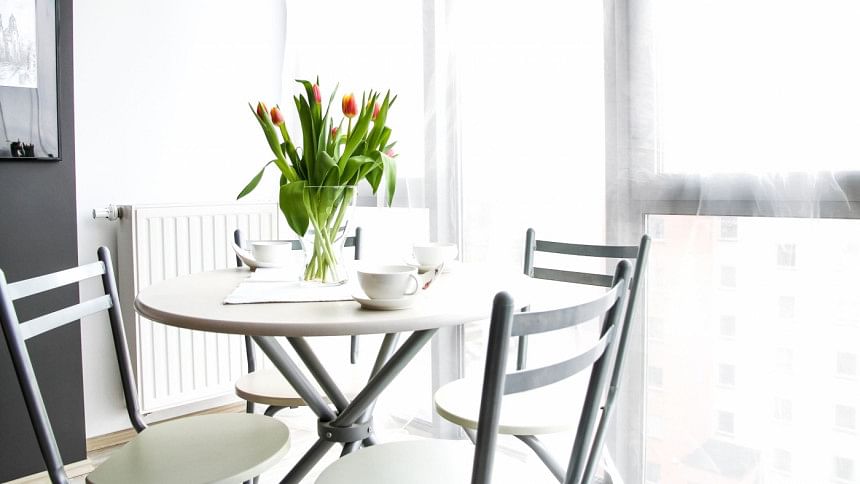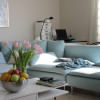The Art of Feng Shui — Inviting Chi and Zen into Your Home

Would you believe it if we told you that inviting peace and good vibes into your life can be as easy as rearranging furniture? That's what Feng Shui — an ancient Chinese art of setting up one's home in harmony with the positive energies of the environment — teaches us.
Feng means 'air' and Shui means 'water' and according to Taoist vision, Chi is the understanding that the land (wood, fire, earth, metal and water) is alive and buzzing with energy. Together, Feng Shui believes in harnessing the energies of the environment to bring good luck, health, and positive energy into living spaces and thereby, into lives.

In order to bring about very specific life improvements with Feng Shui, one needs to position objects, use particular colours, understand and make space for opposite energies (Yin and Yang), and make use of the Bagua map (guide) to balance out the vibes of the space and open the home to their flow.
For bedrooms, this means using warm, earthy tones like browns, creams and corals or soft, natural hues like greens and lavenders to create a more tranquil and restorative sleeping space. Your bed should be placed in a commanding position, which means far away from the door and next to a solid wall instead of a window; this subconsciously makes a person feel more secure when asleep.
Furniture with sharp corners have pointed energy and can direct negative energy to you so one should always opt for fixtures with softer lines and curves. As a bedroom is usually meant for sleep or personal time, it is best to get rid of all equipment that represents work or entertainment, like television sets or workout gear, from there.
Feng Shui believes that all "eyes" other than those of the people inhabiting the room should be avoided. This would include eyes in pictures, sculptures or paintings.
Positioning furniture to allow lots of natural light into the room is a great way to boost serotonin levels in the morning and Feng Shui is all for it. It also encourages the use of soft evening lights and pitch darkness for the night to ensure that your evenings are relaxing and your nights, restful and rejuvenating.
Furniture in the living room should be placed facing an entryway as that is considered empowering, and all sofas and armchairs should have solid walls behind them. Bathrooms should just give off relaxing vibes and this can be achieved by using soft towels, a calming wall colour or a scrumptiously scented candle.
Home workstations and offices should have desks in commanding positions and all wall hangings with water features, such as paintings and mirrors, should be placed lower than level with your nose just like in nature; water features above the nose could represent debt or insecurity. Colours like purples, greens and some blues, all of which signify wealth and abundance can be added to the walls of this room.
Decluttering is very important to Feng Shui, as is minimalistic beauty. Getting rid of unnecessary paraphernalia in the kitchen and the home can make way for new things in your life and adding greenery and tasteful hangings where you can see them will add joy and freshness into your living space.

Feng Shui is a vast concept with different schools of thought. However, one common belief binding all these thoughts together is that people are not immune to the energies of their environment and once the basics of this art are mastered, Feng Shui can offer powerful benefits like health, wealth and peace to those practicing it. So, what's holding you back from rearranging your life to wellness and prosperity?

 For all latest news, follow The Daily Star's Google News channel.
For all latest news, follow The Daily Star's Google News channel. 








Comments